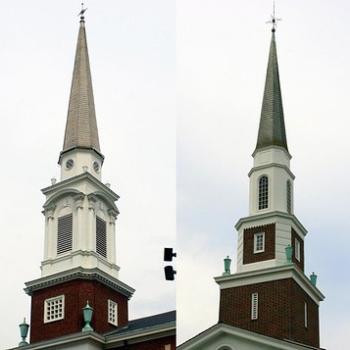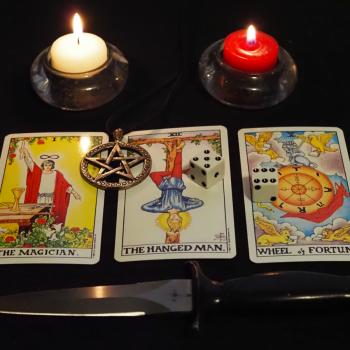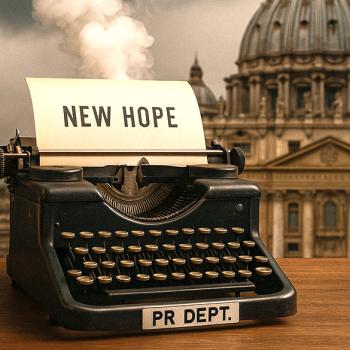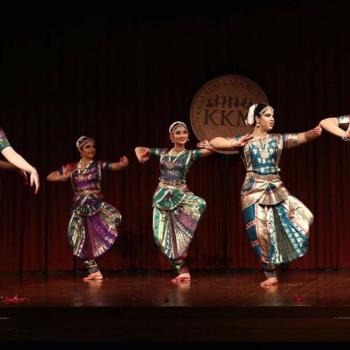Editor's Note: This is the fifth in a series telling the stories of significant black Mormons in history. Read earlier posts:
The Introduction to the series
The story of Jane Manning James
Pastor Hinckley's apology for racism
The story of Green Flake
Perhaps the most compelling reason Darius Gray and I have revised our books about black Mormon pioneers is that in our first pass, we left out one of the most important characters in the historical saga: Q. Walker Lewis. We knew so little about him when we wrote our trilogy that we included only one sentence alluding to him, and nothing about his revolutionary life.
After our books were published, I was researching Lewis and found an article by Connell O'Donovan. I emailed him and eventually joined Newell Bringhurst in nagging him to write a full article about Walker Lewis. He did, and the article won the JWHA award and was subsequently published. Any of us researching black pioneers knows Connell as one of our best and most generous allies. I mention this because much of what I present here must be credited to him.
The sentence referencing Q. Walker Lewis that we used in our first edition is of tremendous significance. It was spoken by Brigham Young to William McCary, a mixed-race, self-styled prophet who persisted in bedding white woman under the pretext of authorized polygamy at Winter Quarters. McCary felt betrayed when he was cast out, and thought he was being badly treated because of his lineage and color. Brigham Young assured him that his treatment had nothing to do with race, and told him that skin color was not an issue to Mormons. "We don't care about the color," said Young, and then asked those present to voice their agreement. "[D]o I hear that from all?" The question was met with a resounding, "Aye!" (General Church Minutes, 1839-1877, March 1847). It was then that Young alluded to a distinguished Black convert in Lowell, Massachusetts, Quacko Walker Lewis, as an example of equality in Mormonism: "It has nothing to do with the blood for [of] one blood has God made all flesh . . . ,"said Young. "We have one of the best Elders, an African, in Lowell" (spelling standardized).
That last sentence is the one we used. It clarifies the fact that as of 1847, there was no priesthood restriction, and that Brigham Young himself referred to a Black "elder" admirably as evidence that the LDS Church considered all humankind "of one blood."
Quaku (various spellings include Quack or Quock or Quork) Walker Lewis was named for his uncle Quaku, the son of Mingo and Dinah, who were enslaved in Ghana and brought to Massachusetts.
Quaku and his entire family were all sold to James and Isabel Caldwell, but Caldwell promised Quaku emancipation when he reached age twenty-five. Unfortunately, Caldwell died before the promise was fulfilled.
 |
| The building where "Quock v. Jennison" was heard |
Mrs. Caldwell subsequently married Nathaniel Jennison, who failed to honor his predecessor's promise. Quaku ran away from this new master, and Caldwell's sons attempted to make good on their father's word, hiring him on their farm. It didn't take long for Jennison to find him, enslave him again, and to have him beaten nearly to death. The case (actually several cases) then went to the courts—Quaku suing Jennison for battery, and Jennison suing the Caldwell brothers for stealing his slave. Ultimately, Quaku was freed and Jennison fined.
The Commonwealth's chief justice, William Cushing, spoke about the ideals that upheld the decision, suggesting that slavery violated the laws of nature and of God. Invoking the ideals of Heaven—as the civil rights movement has always done—Cushing stated in 1783:
[O]ur Constitution of Government, by which the People of this Commonwealth have solemnly bound themselves, sets out with declaring that all men are born free and equal—and that every subject is entitled to liberty, and to have it guarded by the laws, as well as life and property—and in short is totally repugnant to the idea of being born slaves.
Quaku adopted the last name Walker, and Quaku Walker Lewis was given that name as an inheritance and a legacy.
:::page break:::



